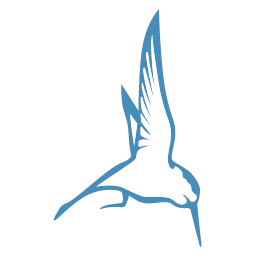About Odyssey
Our story
A little bit about us
Share this:

Odyssey was the brainchild of Dr. Howard Smedley, a Canterbury based Oncologist, who had previously used outdoor adventure activities for the purposes of staff development and training.
One day, it occurred to him that something similar might benefit many of the people he saw as patients. Later that very evening Howard, Steve Gough and Charles Lyster got together over a couple of pints in a dark corner of the ‘Roseneath’ in Gillingham, and after a short brainstorming session, Odyssey was born.
Unlike most ideas developed in such circumstances, this one looked even better in the morning! Six months of research and planning followed, and in September 1994, sixteen bold people met for the first ever Odyssey course.
Mission
People living with and beyond cancer will be more fully able to participate, both physically and emotionally, in work and in play, realising and utilising their own resources to maximise their wellbeing.
Mission
To become a nationally recognised and respected organisation for delivering life changing programmes for adults with cancer.
Background
Odyssey draws on the majesty of the outdoor environment, the arts, and the stimulation of challenge, uncertainty and surprise to help adult cancer survivors overcome the emotional and physical devastation caused by their illness.
Odyssey helps patients rebuild their confidence and self-esteem, engage with exercise, and take back control of their lives. Through various fundraising initiatives, donors and partnerships, courses are offered at no financial cost to the participant.
The Odyssey

The charity was named after the Greek epic poem ‘The Odyssey’ which mainly focuses on the hero Odysseus, and his journey home after the fall of Troy. It takes Odysseus ten years to reach Ithaca after the ten-year Trojan War.
The Little Tern featured in the logo was also chosen to symbolise the journey, as they migrate huge distances from wintering in West Africa to breed in Britain. Little terns can live to a ripe old age, with a couple of ringed examples found to have survived for nearly 22 years, meaning they have made the journey between West Africa and the UK 19 times.
All in all we feel a very apt name and logo for the sometimes long and difficult struggles people face on their own cancer journeys.
